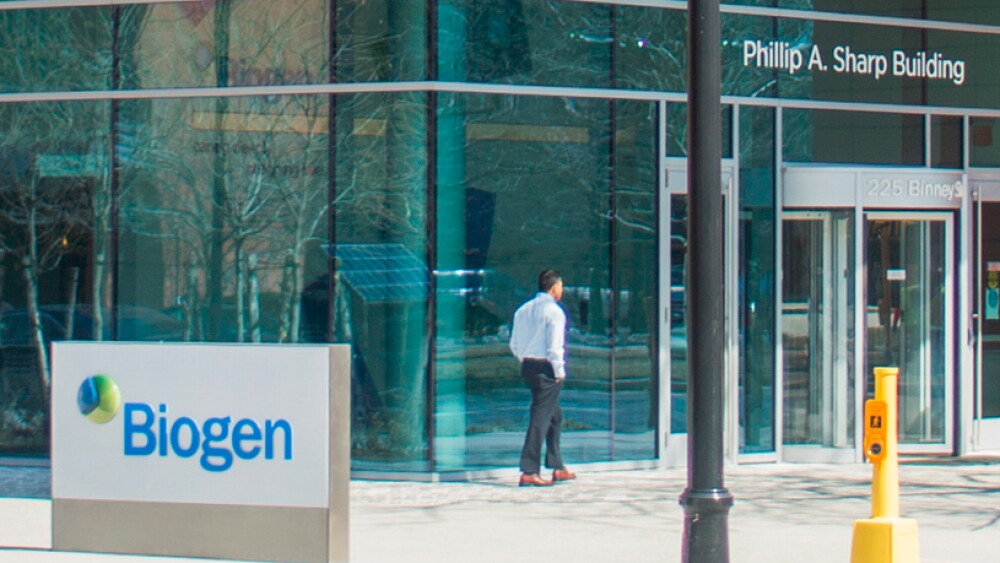October 17, 2016
By Alex Keown, BioSpace.com Breaking News Staff
BOSTON – It pays to have powerful friends. A recent dump of hacked Hilary Clinton emails by the transparency group WikiLeaks revealed how in 2008 a woman with connections to high-ranking Democrats was able to get her very sick husband included in a Biogen trial for Tysabri, a multiple sclerosis drug being tested for multiple myeloma.
An examination of those emails by EndPoints News shows how influential Democrats, including former President Bill Clinton, John Podesta, chairman of Clinton’s presidential campaign, U.S. Secretary of State John Kerry and FDA Commissioner Andrew von Eschenbach lobbied Biogen to have Fred Baron, a major fundraiser for the Democratic Party, included in a trial he was initially barred from taking part. Endpoints noted that the emails contained a message from a Baron-family friend to Podesta informing him that Biogen was not going to include Baron because of how ill he was. The email said Biogen wanted to keep him from the trial because his death would skew the results, Endpoints said.
The WikiLeaks email dump regarding Baron was not information that had previously been hidden, as it was well-reported on by various outlets eight years ago.
Tysabri (Natalizumab) is part of a class of drugs called immunomodulators. It works by stopping certain cells of the immune system from reaching the brain and spinal cord and causing damage, according to the FDA. The drug was initially approved in 2004 for multiple sclerosis and in 2008 it received expanded approval to treat moderate-to-severe Chron’s disease. The drug was pulled from the market in 2005 due to links to a brain infection called PML that can be fatal. It was brought back to market a year later, but with tougher prescribing restrictions that prevented physicians from prescribing it for off-label uses, Xconomy reported at the time of the appeals on Baron’s behalf. Baron’s physicians at the Mayo Clinic were involved in the Biogen Tysabri trial and thought the drug could benefit his condition, Xconomy wrote in 2008.
The emails examined indicate Jim Mullen, the former chief executive officer of Biogen who stepped down in 2010, was inundated with calls from the high profile political powerhouses. Indeed, according to the emails, the FDA’s Von Eschenbach told Biogen the FDA would not hold Baron’s death against the company if he were included in the trial. Biogen initially balked at the idea, even after the assurance of Von Eschenbach. The company said it wanted to stay within the parameters of its clinical trial. The company said, at the time, that any deviation from the trial could “create a situation that would cause regulators to restrict its use,” Endpoints said.
Eventually Biogen relented and Baron did receive the drug, but it did not prevent his death in October 2008, Endpoints said. The Phase I/II Tysabri study for patients with relapsed/refractory multiple myeloma was terminated due to low enrollment in 2014.





